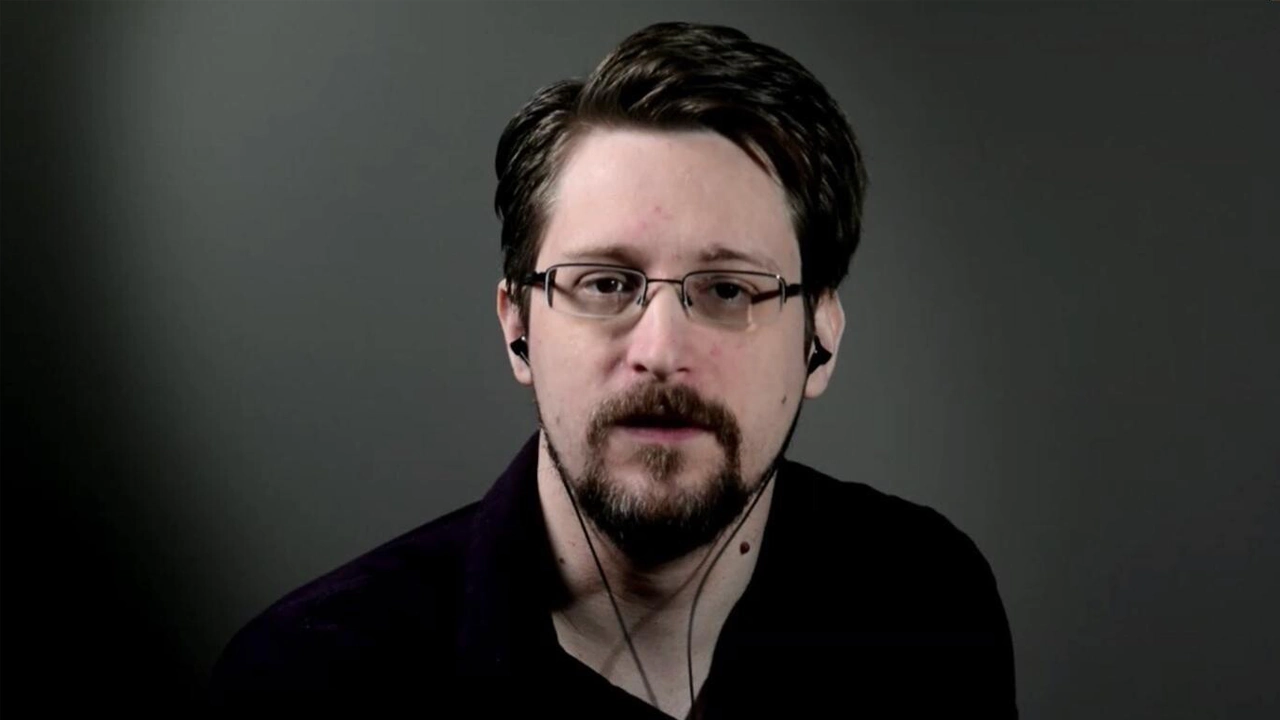It was back in 2019, when the world saw its first novel 'COVID-19' coronavirus case. Years and billions of vaccine shots later, the world is still struggling to contain the virus.
While COVID-19 is certainly not the first global pandemic, but it is the first ever that happens during the so-called "Algorithmic Age."
In this Algorithmic Age, people consider computers like gods.
People are relying on them to look for things on search engines and to endlessly scroll social media feeds. Through the snippets of computer codes running on their devices and servers, which power algorithms, which in turn allow automations, people need them to travel and commute, and communicate, and transact, and many many more.
During this Algorithmic Age, operating systems, apps, data management systems and others contribute to the lives of billions of people.
And during the COVID-19 pandemic where governments need ways to curb the virus, the Algorithmic Age is giving governments a "new power" they can muster for surveillance.

Edward Snowden is the world's most famous whistleblower.
The man who became famous after leaking a series of NSA data to journalists, was a computer intelligence consultant at the agency before turning a fugitive.
Since then, Snowden has also become a technology critics.
According to Snowden, the pandemic has created both opportunities and threats. While evangelists argue that tech is curbing the virus, Snowden is concerned that it's also supercharging surveillance.
Snowden first raised the alarm about the drawbacks back in March 2020, days after the World Health Organization declared the outbreak a pandemic.
At that time, in an interview with the Copenhagen International Documentary Film Festival, the whistleblower warned that the systems being launched would be hard to remove once the pandemic receded.
"The emergency tends to be expanded. Then the authorities become comfortable with some new power. They start to like it."
This happens because when governments around the world try to curb the virus by controlling how people travel and commute, they need some tools to help them out.
And these tools can be invasive.
From biosurveillance to apps that have to be installed on people's phones. These things and be extremely intrusive because they oversee people's every movement by tracking mobile phones' location data.
And artificial intelligence can make it worse.
Amnesty International even said that human rights restrictions were spreading almost as quickly as the virus.
Emergencies regarding the virus is giving the authorities more ways to enter people's personal lives. And realizing this fact, governments may want to integrate these newfound capabilities into their broader surveillance system.
Furthermore, the tech introduced to tackle COVID-19 can also be used to target other things.
Like through a phenomenon known as "function creep," for example, where the authorities can use contact tracing data for unrelated investigations.
It has been for multiple times in the past, that worldwide incident could change politics, which in turn would change the way people live. And Snowden is suspecting that history is repeating itself.
In this case, when the crisis passes, governments can impose the power to create new laws, that would make the emergency rules permanent and exploit them to crack down on dissent and political opposition.
In other words, COVID-19 that happens in this Algorithmic Age is affecting people's rights and liberties.